What Is Lye: Everything You Need To Know And More
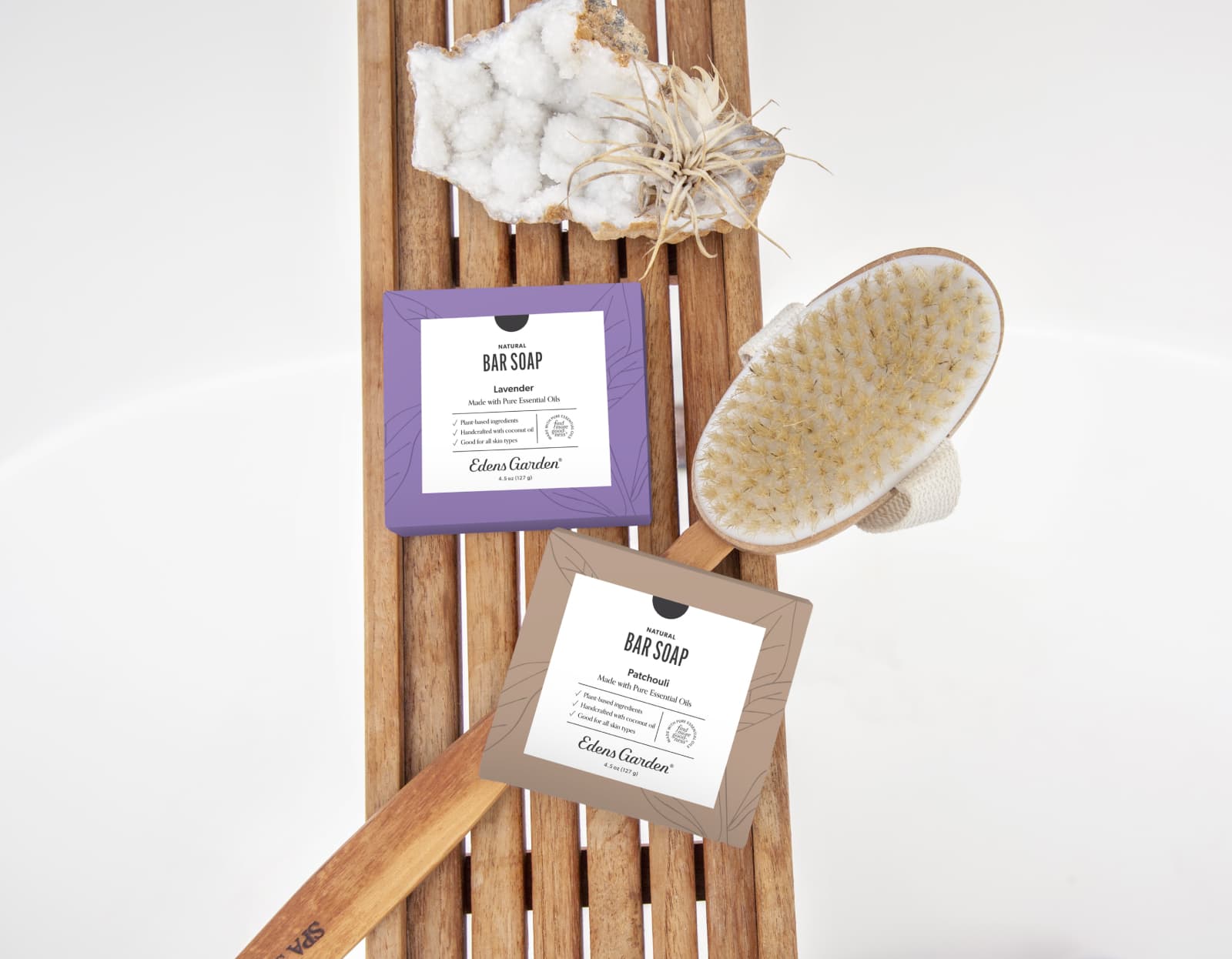
Here at Edens Garden, we were more than excited to enter the magnificent world of Natural Bar Soap made with essential oil. For something that seems so simple, bar soap making is actually full of complexities, and there is a lot of misinformation out there.
A question we hear fairly often is if we use lye to make our cold process soap. The answer is— Yes!
Lye is often times a misunderstood ingredient. However, once it undergoes a chemical reaction to become soap, it’s completely safe. Whether you’re curious about how we use lye in our soap recipe or you’re interested in making homemade lye soap, we’re here to help answer all of your questions about the history of soap making with lye and different lye soap uses.
Let’s get started!
What Is Lye: Everything You Need To Know And More
A lot goes into making our handcrafted Natural Bar Soaps, and we couldn’t do it without lye. Also known as sodium hydroxide, lye is what makes soap, soap! Read on to learn more.
What Is Lye Made Of?
Lye is a highly alkaline chemical solution. The most common is sodium hydroxide, NaOH, but lye can also refer to potassium hydroxide, KOH.
As an alkali, lye solution is highly basic. If you remember your high school chemistry days, pH exists on a scale from 0 to 14. Acids are at the lower of the spectrum, while bases, also known as alkaline substances, are at the higher end.
- Lemon juice has a pH of 2
- Water has a pH of 7 (neutral)
- Lye has a pH of 13
Both strong acids and strong bases are caustic and can damage human skin, which is why lye is often misunderstood. If lye comes in contact with your skin, it begins to react with surface oils—a painful prospect that can lead to burns and irritation.
For this reason, many might choose to work with melt-and-pour soap, or soap that is pre-prepared with lye and ready to have extra ingredients added like essential oils and colorants.
What is lye used for? This chemical is essential to a variety of industrial purposes, the most famous of which is making homemade soap. Others include:
- Surface disinfectant
- Curing food
- Manufacturing processes
- Adjusting the pH of formulations
How Is Lye Made?
Back in the day, our ancestors made old-fashioned lye soap by boiling wood ash. Then, lye was skimmed off the top. In addition, some ancient soap makers made an alkali from sodium bicarbonate (baking soda) and calcium oxide.
Both of these methods yielded inconsistent lye that made it more difficult to measure its potency and accurately calculate the amount of fat that had to be added to make safe soap.
Nowadays, lye is made from ordinary salt.
The soap making process works as follows:
- Salt (NaCl) is dissolved in water. Salt crystals fall to the bottom of the container.
- Graphite rods are inserted into the mixture.
- Electricity is then run through the rods. Attracted by the charge, crystals of lye attach themselves to the rods.
- After that, the liquid is poured off and allowed to evaporate until nothing but lye crystals remain.
- Then, this lye can be used for a variety of purposes, including making soap batter.
How Soap Is Made
What is lye soap? The short answer is that all soap is lye soap. In fact, true soap bars cannot exist without lye. But in order to better understand lye, let’s first discuss the question "How does lye work in soap?"
Bar soap is made through a chemical process known as saponification (sapo is Latin for soap):
- A lye solution is combined with oil or fat to cause a chemical reaction.
- This reaction breaks down the fats or oils into fatty acid chains and the lye mixture is neutralized in the process.
- Lye can react with oils and fats in a heated environment or a cold environment.
- Through a hot process method, soaps can go from liquid form to a solid bar form in minutes. When an outside source of heat is applied to a lye and oil solution, the water molecules in the oil evaporate and the saponification process is sped up.
Although hot process soap is much quicker, we chose to cold process our bar soaps. Heat can change the chemical characteristics of essential oils and we want to deliver their best, most potent effects in our natural soap. One of our favorite natural bar soaps is Fighting Five, which is packed with immune-boosting properties to help eliminate germs without drying out your skin.
Without lye in soap making, there would only be puddles of fat and oil. In fact, if a soap bar is not made primarily of cleansing alkalized oils, the FDA does not consider it a soap at all.
Why Do You Need Lye For Soap Making?
What is soap without lye? Syndets (synthetic detergents), which are the most common forms of cleansers on the market, are surfactants bound together in a bar to cleanse and lather. Common syndets include hand washes, shampoos, conditioners and body washes.
As a marketing tactic, some cleansers claim to be lye-free soap, though lye is often hiding under the name of another ingredient. Many soaps claiming they are made without lye actually did use it at some point in the manufacturing process. Common ingredients that were made using lye include the following:
- Sodium tallowate: Produced by a reaction between lye and animal fat
- Sodium cocoate: Produced by a reaction between lye and Coconut oil
- Sodium palm kernelate: Produced by a reaction between lye and palm oil
In each of these cases, sodium reveals the fact that these oils and fats had previously reacted with lye. Even melt-and-pour soaps contain ingredients that were derived from a reaction with lye.
Lye In An Ingredients List
True soap falls under the jurisdiction of the Consumer Product Safety Commission (CPSC) and does not require an ingredients label.
However, if there is a label, there are two main ways to list soap ingredients:
- Listing the raw ingredients put in the soap base, including the lye.
- Listing the compounds in the final soap bar—what’s left after all chemical reactions have occurred.
Our soap follows the latter method. When a vegetable oil reacts with lye, it becomes a saponified version of itself. Coconut oil goes in and saponified coconut oil comes out. This term refers to coconut oil that has been made into soap.
Is Lye Safe, Or Is Lye Dangerous?
Lye, by itself, is extremely caustic. However, soap with lye should be completely safe—assuming it’s been made properly. Lye soap that is improperly made or aged can have too much or insufficiently mixed lye and remain corrosive.
It is for this reason that we “superfat” our soaps by adding more vegetable oils than required to ensure lye crystals are completely dissolved. We also cure the soap bars for 4-6 weeks to ensure they are not only safe but also highly moisturizing and cleansing.
When it comes to soap, lye is your friend. Through the magic of chemistry, the vegetable oils in our bar soap produce a chemical reaction with lye that leads to the creation of a glycerin-rich soap bar that nourishes your skin while offering the benefits of aromatherapy.
SOURCES:
- “Sodium Hydroxide.” Chemical Safety Facts. https://www.chemicalsafetyfacts.org/sodium-hydroxide/
- “Frequently Asked Questions on Soap.” FDA. https://www.fda.gov/cosmetics/cosmetic-products/frequently-asked-questions-soap
Grab The Essentials Here:
Leave a comment (Comments will be approved before showing up)
11 comments
Edens Garden
Hi Kat! For soap recipes, we suggest checking out the Soap Queen blog online.
Edens Garden
Hi Lori! When are you adding the essential oils? We suggest adding them when trace occurs, or when the soap begins to thicken.
Kelly
Really interesting. Thanks!
Mira
Lynne, the essential oils are not added before the lye is added to the water. You add the essential oils towards the end after the base oils and lye water have been mixed together well.
Christa
Thank you for the education on Lye and soaps. Your blogs are always so interesting. On my next order I will be sure to add a bar of your soap.
Kat
I’m relatively new to soap making and have recently made shampoo bar – which turned out great. I used your eucalyptus and rosemary essential oils. Can you share any soap recipes?
Lori
Question for you: in soap making, how do you prevent the smell from the essential oil’s from escaping during the process?
I use my goat milk to make soap and use your essential oil’s. Any of the mint oil’s seem to hold better but citrus is almost or completely gone when soap is done the curing stage.
Thanks
Lynne Howell
What happens to soap if you put essential oils in Your oil mix before you put the lye water.
Edens Garden
Hi Tanya! We suggest checking with the manufacturer you purchased the lye from.
Tanya
I have 50 lbs of lye that had gotten hard..
Is it still usable in soap
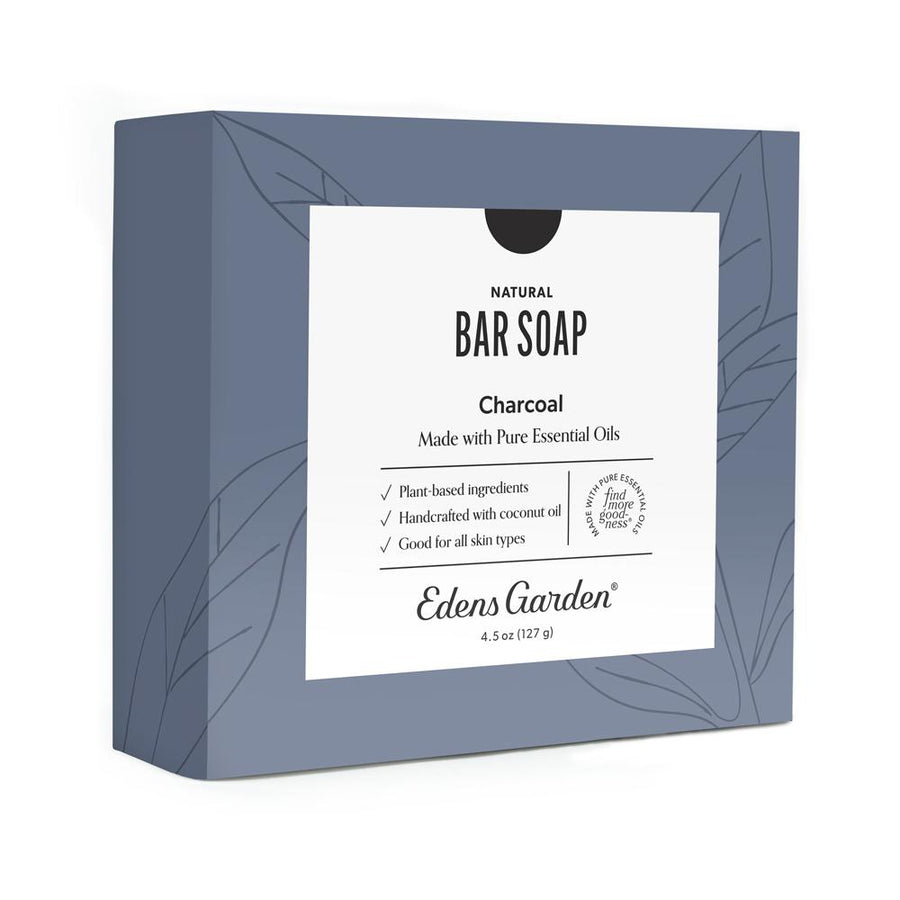
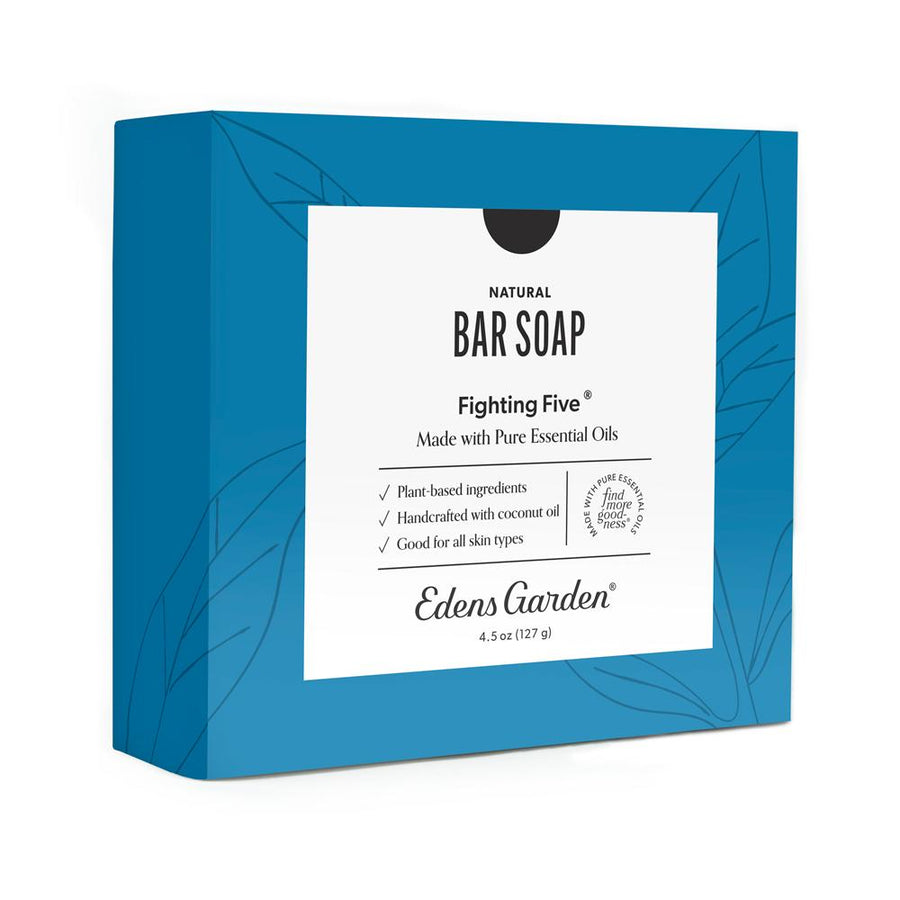
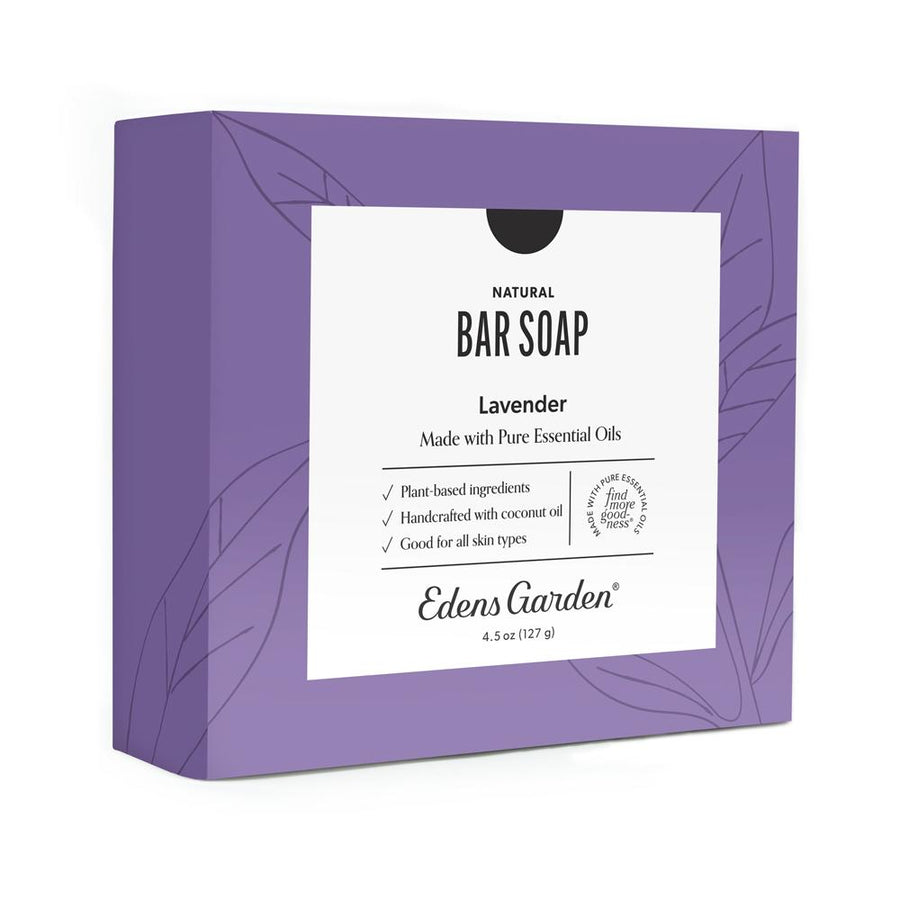
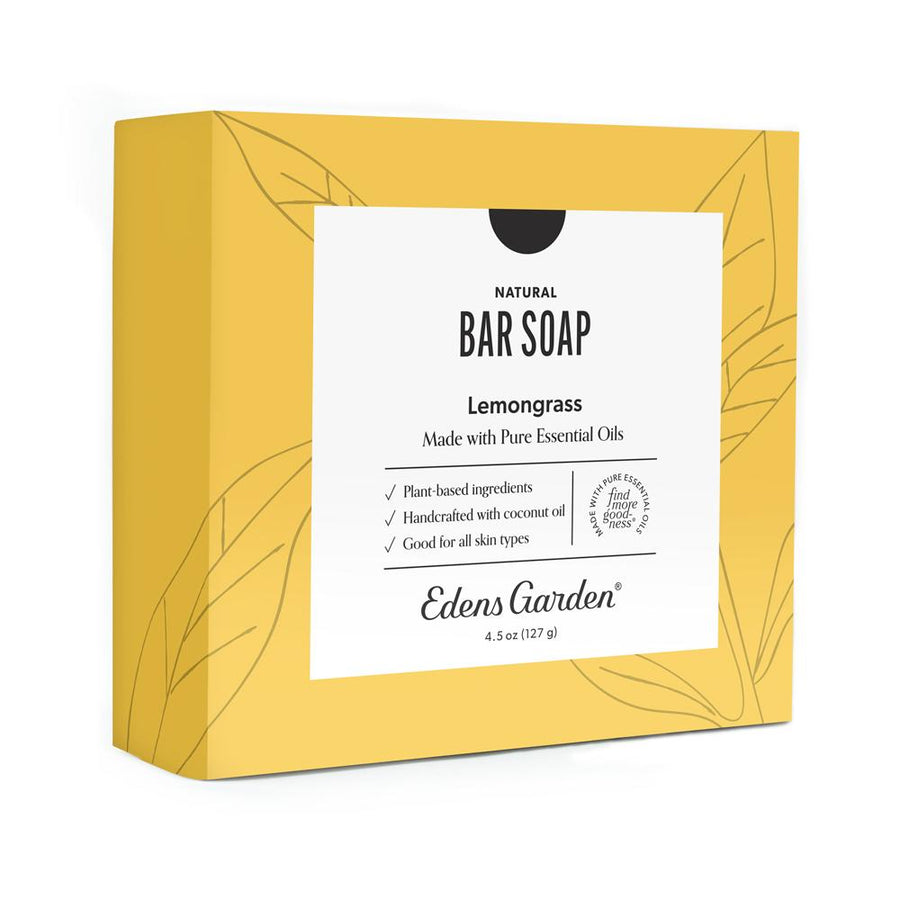
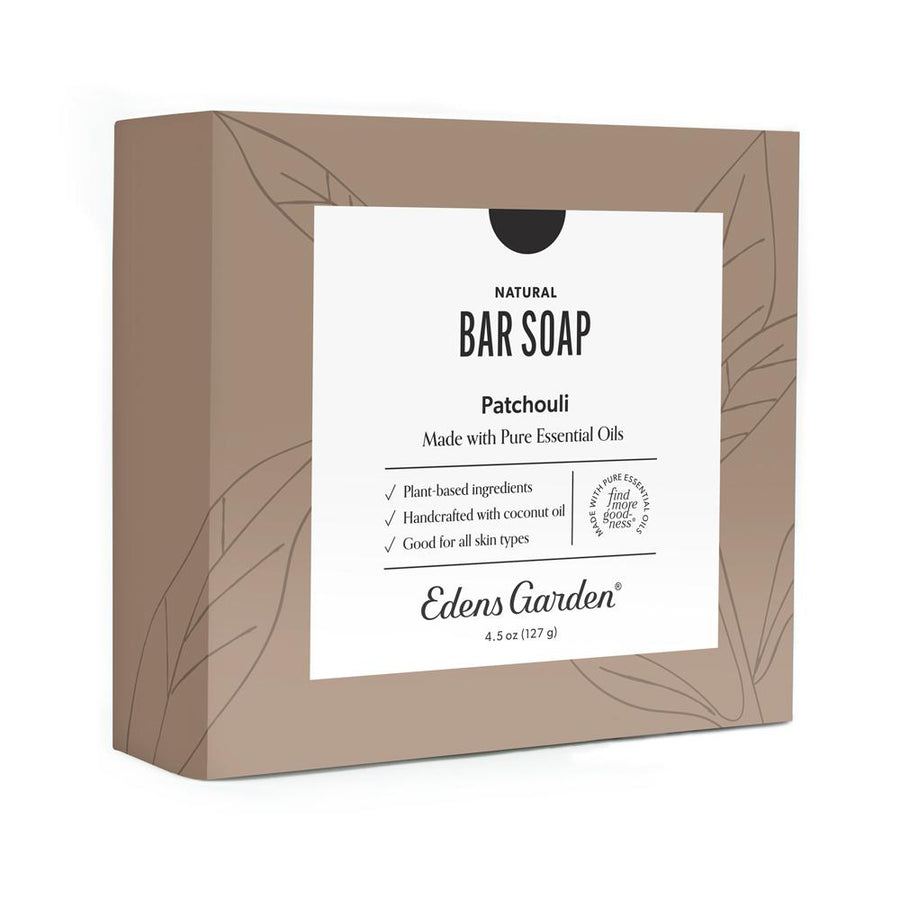
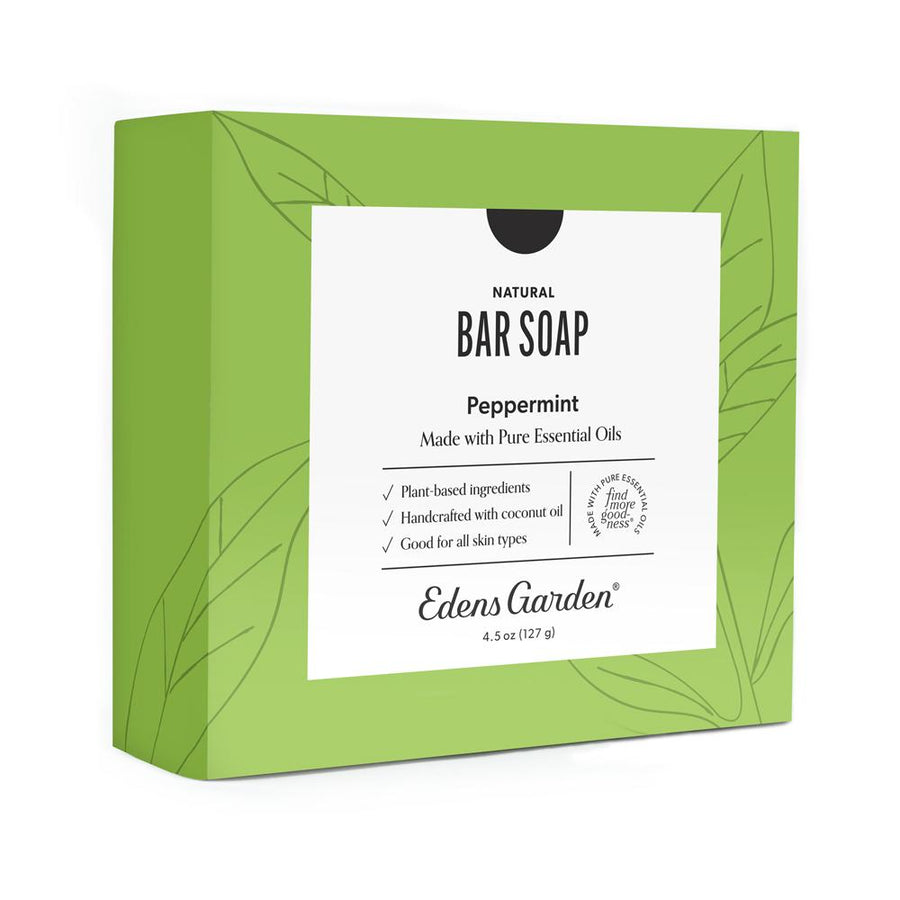





Lori Rodgers
March 2, 2022 at 8:33 am
This is so wonderful! I have always wondered what is lye and where did it come from. Hello -its salt! Too great. Thank you.